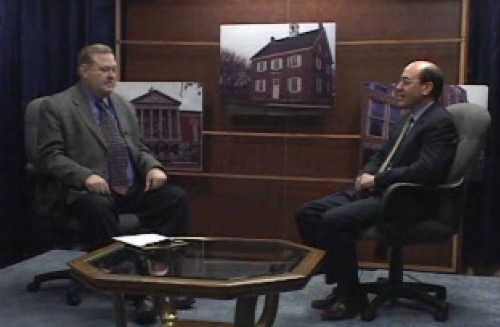Medicaid is the federally funded program that pays medical expenses for the poor and nursing home costs for many of the elderly. There have always been asset and income limits designed to make the program available only to those who are truly poor. However, through proper planning many have successfully gifted assets in order to become “impoverished” and thereby qualify for benefits. These rules are discussed in another article on Medicaid Gifts.While there have always been “look-back” periods so that you wouldn’t be eligible for benefits if you made gifts immediately before entering a nursing home, you never risked jail time by trying to preserve your assets. This was changed on January 1, 1997, and was changed when the President signed the Balanced Budget Act of 1997.
As a result of legislation passed in 1996, under certain circumstances, it was a federal crime to give away assets and apply for Medicaid benefits. That law became effective on January 1, 1997. The good news is that this criminal law has been repealed, and you won’t be going to jail for making a gift. Of course, there are still rules that render you ineligible for benefits for a period of time as a result of certain gift transfers. These rules are described in another article. But this is a good news, bad news story and the bad news is that it has been replaced with a provision that purports to make it a crime for a paid advisor to give certain asset transfer advice.
To paraphrase the new measure, it provides that anyone, who for a fee, knowingly and willfully counsels or assists someone to dispose of assets in order to become eligible for Medicaid, commits a crime if disposing of the asset results in the imposition of a period of ineligibility under the general Medicaid provisions dealing with gifts. The maximum penalty for the paid advisor is a fine of $10,000 and up to one year in prison.
EFFECTIVE AUGUST 5, 1997-HELD UNCONSTITUTIONAL ON SEPT. 14, 1998
The criminal provision set forth in Section 4734 of the Balanced Budget Act of 1997 was aimed squarely at attorneys and other advisors who were paid to provide advice on Medicaid matters. As was the case with the criminal law that it replaced, there is a number of reasons why this criminal sanction could be unconstitutional. In fact, in 1998, the New York State Bar Association sued U.S. Attorney General Janet Reno and asked the court to declare the law unconstitutional. In response to the suit, Janet Reno wrote a letter informing Congress that she would not defend the constitutionality of this “Send Granny’s Lawyer To Jail” law. On April 7, 1998, the court issued an opinion and order granting a preliminary injunction barring enforcement of this federal statute. On September 14, 1998, the court granted the plaintiff’s motion for summary judgment, declared the law unconstitutional and permanently enjoined the government from enforcing the same. You can read the 9/14/98 opinion here: NYSBA v. Reno.
Since 1998, there hasn’t been any real attempt to enforce the law. However, it does remain on the books and was raised in a recent case, Zahner v. Mackereth. The District Court in Zahner followed the NYSBA v. Reno court and likewise held the law to be unconstitutional.
